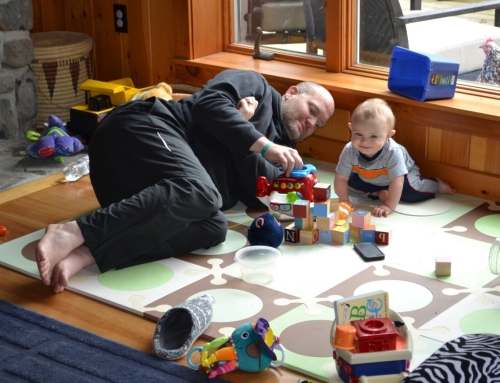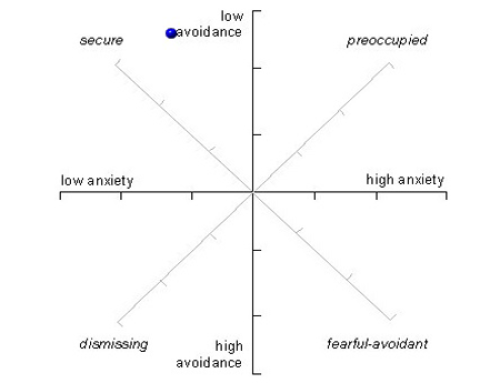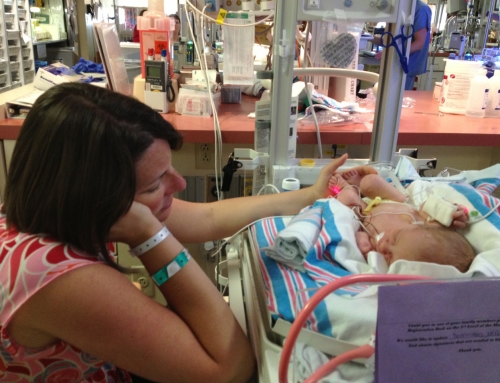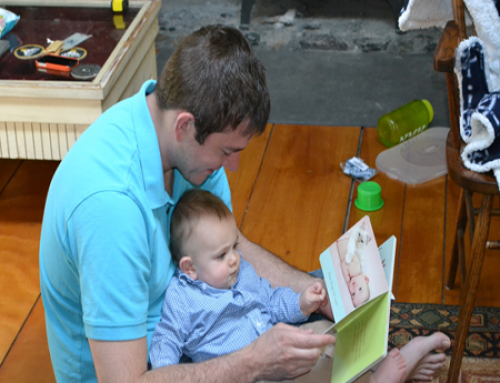These materials are from the book, Nurturing Adoptions: Creating Resilience after Neglect and Trauma, Jessica Kinsgley Press, 2012.
Children moved abruptly without careful transition may think that they were moved because;
they were bad,
they were angry with people who retaliated,
they were rejected or were not liked by their parents,
they were rejected in favor of another person,
they were too much trouble,
they did not protest the move,
they were someone’s sexual partner and were later banished,
they misbehaved to the extent that no one could stand to live with them,
they told a secret that caused the parent to get into trouble,
they did not take good enough care of a parent or sibling,
they are the kind of person who brings trouble to families.
Sometimes they have made the correct assumption, but have not placed it into a healthy context. For example, they were moved because they told a secret, but it was a secret that should have been told! The problem was not the secret, but the illegal activity. Sometimes they are simply looking at life events through the lens of childhood and the scope of their own developmental stage.
One 8-year-old said, “My aunt told them that she was sick of me calling her mean names, fighting her, and the screaming in the night. She was done. She told them that she was leaving me with a worker that day. And she did. I cried and cried but she did not change her mind. She told me that it was my own fault. She was not taking me with her. I was not her boy.”
Interestingly, he was just 4 years old at the time, but he remembered his aunt’s words and his feelings clearly. It took a long time before he had the increased mental abilities and wanted to work through this information.
Placement discussion should include the following explanations:
You are valuable.
It is against the law for people to mistreat children. When this occurs, society values children enough that the judge has to make a decision to keep you safer. This did not happen to you as a punishment. You are not being rejected just because a family does not meet your needs.
Your parents loved you and wanted to raise you. They could not, so this plan has been made for you.
It is painful to lose people in your life. We will help you with care and support during this sad period.
Children act out when they are scared and angry. That is a result of the maltreatment, not who you are.
Some of these reasons cannot be worked through right away. Children must become older and capable of working on issues in therapy and at home. Specific, factual information helps children determine the accurate reasons why things occurred. Equally importantly, as time goes on, they develop reasons that are more complex.
This is a typical example from a child in late elementary school.
“I think that my birthmother just can’t stay away from drugs. She did not want a bad life for me and she did love me. She has tried to stop the drugs five times. She keeps going back to all that drug stuff. I feel sorry for her. I know that she has missed out on my life. None of her children live with her. But I just can’t wait around for her, like, ‘I wonder if she’s going to take me back or not?’ I needed a family that treated me like I was worth something! Like my parents treat me. I’m a regular kid. I wonder what happened to her to get her started on drugs?”
Move Children with Emotional Preparation and Respect
Why do children need to be moved so carefully? Hasty and insensitive moves have terrible repercussions, including:
Children lose the people to whom they are attached. They decide not to risk other attachments.
Children learn that people are replaceable.
Children are afraid all of the time. They believe that their worlds can be changed at any moment.
Children learn that their feelings don’t matter. No one really cares how they feel about leaving the home and people they love. They are not worth much.
Children decide that adults do not have children’s best interests in mind. They will control adults as much as possible.
Children decide that they need to either be in charge all of the time or just give up.
Children lose a sense of who they are. Their identity formation is interrupted. They are easily manipulated by others. They struggle to choose life patterns that fit well, careers, and life partners because they do not have enough sense of self to make these choices.
A respectful move shows children that:
There is some predictability in their worlds. The move takes place for a reason that, with help, they can understand and process.
The people they value also value them. Their new parents care about the pain of moving and will comfort them when they grieve.
Adoptive parents are willing to get to know them. They are not asking the child to simply change to meet their expectations.
They will not be moved abruptly and without warning. They can relax instead of guarding themselves.
Adults who know them well will be there and help them grieve. They can receive comfort and help during these and other hard times.
Their feelings matter. They matter.
They are important enough that people will arrange their life events around them.
They do not have to control everything or use learned helplessness as defenses.
Children who are allowed time to spend processing the move, and the meaning of the move to their identities, do not have a shocked reaction.
One agency was particular about avoiding a move in December. The caseworker argued that she did not want the brothers to associate the move with the holidays. While her concern showed that she was well-meaning, she designed a move after Christmas that was too fast and therefore extremely shocking to the boys.
She told the boys that they were moving in the morning, and arranged the first visit with the prospective adoptive parents in the therapist’s office that evening. The prospective adoptive father complained, “What a way to guarantee that they won’t like us! Couldn’t we just slow this down?”
But the decision about transfer had already been given to the foster parents. They did not like one boy very well, and liked the other quite well. In their confusion over their feelings of how to say goodbye to both, they came up with this schedule. The foster parents also felt that they could enjoy an out-of-town trip. They wanted to do the transfer because it gave them a nice car trip with some expenses paid for, with time to talk to their children about the changes in their family. The foster parents felt that it would help their own children to see these two children in a new family. They were good people, but made the decision based on their understanding of their own family circumstances.
The caseworkers saw the decision as a stress-free and quick transfer of two difficult children. On the side they mentioned that they did not want to give the foster-adopt parents enough time to change their minds. They agreed that they had other children to place. Let the adoption unit in another area supervise this placement.
The move schedule was accomplished within three visits, including the transfer, none within the foster home. This schedule was rigid and insensitive not only to the attachment needs of the children moving, but also for the children in the foster and adoptive homes. The next six months were hellacious for the adoptive family. The move was traumatic, and caused traumatic stress triggers. The trauma had nothing to do with the holiday itself, but rather the schedule. The case worker simply substituted New Year’s as the new trigger.
Children who are moved gradually do not have traumatic stress triggers of the move like the holiday symbols. Instead, they gradually work through the grief process.
A recent study by Harvard University and the Casey Family Institute reported that over half of the children in foster care leave with an anxiety disorder. They have twice the rate of traumatic stress as compared to Vietnam veterans (2006). Obviously, treating children with more sensitivity, predictability, and respect during moves can be phenomenally beneficial. In therapy, children reference sudden moves as among their most difficult problems when working through grief and shock. Children describe sudden moves as equally or even more traumatizing than being sexually abused. Moves that are done abruptly, and especially those that include trauma, lead to pathological or complicated grief.





